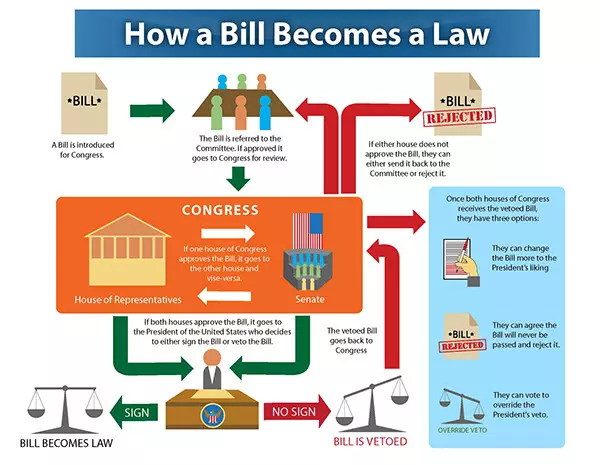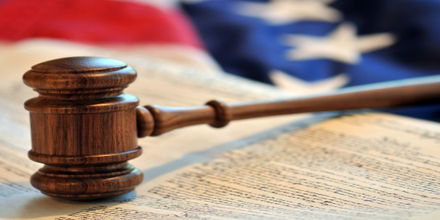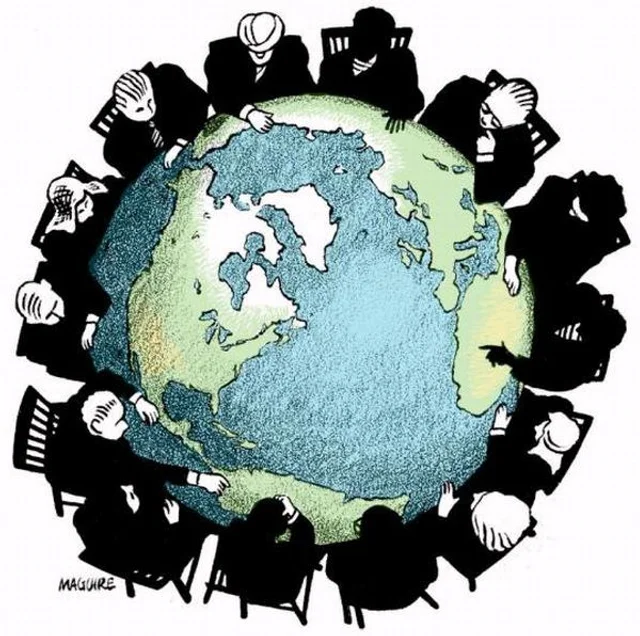Legislation Drafting Process: A Comprehensive Guide
Explore the legislation drafting process in detail. Learn how bills are created and passed. Get insights into the legislative journey.

The Intricate Dance of Democracy: Drafting and Passing Legislation
The process of drafting and passing legislation is the cornerstone of democratic governance. It is a complex and multi-faceted procedure that shapes the laws that govern our societies. This intricate dance of democracy involves various stages, from idea conception to the final signing into law by an executive authority. In this comprehensive exploration, we will delve into the steps and nuances of this process, shedding light on the roles of key stakeholders, the checks and balances in place, and the challenges that often arise.
Idea Generation
The genesis of legislation often begins with an idea. This idea can come from a variety of sources, including individual citizens, interest groups, advocacy organizations, legislators themselves, or government agencies. The need for new legislation or the amendment of existing laws typically arises from evolving societal needs, changing circumstances, or unforeseen challenges.
Bill Drafting
Once an idea takes root, it is transformed into a bill, which is a formal written proposal for a new law or an amendment to an existing one. Bills can be drafted by legislators, government agencies, or legal experts. The language used in a bill must be precise and unambiguous to avoid confusion during the legislative process.
Introduction in the Legislature
To become law, a bill must be introduced in a legislative body, such as a parliament or congress. The legislative body can have one or two houses (unicameral or bicameral), each with its own procedures. In many bicameral systems, a bill must pass both houses before becoming law. The bill's sponsor, usually a legislator, presents it to the legislative body for consideration.
Committee Review
After its introduction, the bill is typically referred to a committee for in-depth examination. Committees are specialized groups of legislators who scrutinize the bill's content, conduct hearings, gather expert testimony, and make recommendations. Committee members may propose amendments to the bill based on their findings and discussions.
Floor Debate and Vote
Once a bill clears the committee stage, it is scheduled for debate on the floor of the legislative body. During this phase, legislators debate the merits of the bill, discuss proposed amendments, and vote on whether to approve or reject it. The debate can be passionate and intense, reflecting diverse opinions and interests.
House-to-House Process (Bicameral Systems)
In bicameral legislatures, a bill must navigate both houses separately. It goes through the same stages in the second house, including committee review and floor debate. The second house may accept the bill as is, make amendments, or reject it altogether. If amendments are made, the bill returns to the first house for approval of the changes.
Conference Committee (if needed)
When both houses pass different versions of the same bill, a conference committee may be convened to reconcile the differences. This committee, composed of members from both houses, works to produce a compromise version of the bill that both chambers can accept.
Final Approval
Once both houses agree on the bill's final text, it is sent to the head of state for final approval. Depending on the country's constitution, the head of state, such as a president or monarch, may have the power to sign the bill into law, veto it, or in some cases, allow it to become law without their signature.
Implementation
After the bill is signed into law, government agencies and officials responsible for its implementation work to ensure that the law is enforced effectively. This may involve developing regulations, allocating resources, and educating the public about the new law.
Challenges in Drafting and Passing Legislation
The process of drafting and passing legislation is not without its challenges:
Political Divisiveness: Legislation often reflects the ideological and partisan divisions within a society, making it difficult to reach consensus.
Lobbying and Special Interests: Powerful interest groups can exert significant influence on the legislative process, potentially skewing laws in their favor.
Complex Bureaucracy: The legislative process can be slow and bureaucratic, leading to delays in addressing pressing issues.
Unintended Consequences: Poorly drafted laws or rushed legislation can have unintended consequences or loopholes.
Checks and Balances in the Legislative Process
The legislative process is designed with checks and balances to ensure that laws are carefully considered, representative of the will of the people, and adhere to constitutional principles. These checks and balances help prevent hasty or arbitrary decision-making. Here are some key aspects:
Public Input: Public input can play a crucial role in the legislative process. Legislators may hold public hearings, solicit feedback through surveys, and engage with constituents to gather opinions and insights on proposed legislation. This input helps ensure that the interests and concerns of the public are considered.
Bicameral Systems: In bicameral legislatures, having two separate houses, such as a lower house (e.g., House of Representatives) and an upper house (e.g., Senate), adds another layer of scrutiny. Each house represents different constituencies or interests, and both must agree on the final version of the bill.
Executive Review: In many democratic systems, the executive branch, typically the president or a similar authority, has the power to review and approve bills passed by the legislature. This allows for an additional check on the legislative process and ensures that the executive's perspective is considered.
Judicial Review: In some cases, the judiciary can review the constitutionality of legislation. If a law is found to be in violation of the constitution, it can be struck down or declared invalid. This reinforces the importance of adhering to the constitutional framework.
Veto Power: In some systems, the executive has the power to veto legislation passed by the legislature. A veto can be overridden by a supermajority vote in the legislature, providing an additional layer of scrutiny and negotiation.
Amendment Process: The ability to amend bills during the legislative process allows for refinement and improvement. Amendments can be proposed by legislators or during committee reviews to address concerns and improve the legislation's quality.
Challenges and Concerns in the Legislative Process
While the legislative process is a cornerstone of democracy, it is not without its challenges and concerns:
Partisanship: In polarized political climates, legislators may prioritize party interests over the common good, leading to gridlock and difficulty in passing essential legislation.
Special Interest Influence: Lobbying and the influence of special interest groups can sometimes lead to laws that primarily serve the interests of a few rather than the broader population.
Complexity: The legislative process can be intricate and time-consuming, which can lead to delays in addressing pressing issues. Streamlining the process without sacrificing due diligence is a constant challenge.
Transparency: Maintaining transparency throughout the legislative process is essential for maintaining public trust. Lack of transparency can erode confidence in the system.
Constitutional Concerns: Striking the right balance between legislative authority and constitutional limits is an ongoing challenge. Ensuring that laws do not infringe upon individual rights is paramount.
The Ongoing Evolution of Democracy
The drafting and passing of legislation are dynamic processes that reflect the ever-evolving nature of democratic societies. As societies change, so too must their laws. The legislative process serves as a mechanism for adapting to new challenges, addressing inequities, and pursuing a vision of the common good.
To ensure the effectiveness and integrity of this process, it is essential for citizens to actively engage with their representatives, hold them accountable, and advocate for laws that align with the values and needs of the society. By fostering open dialogue, promoting transparency, and upholding the principles of democracy, the legislative process can continue to be a powerful tool for positive change and progress. In doing so, we honor the foundational principles of democracy and work toward a more just and equitable future.
What's Your Reaction?















